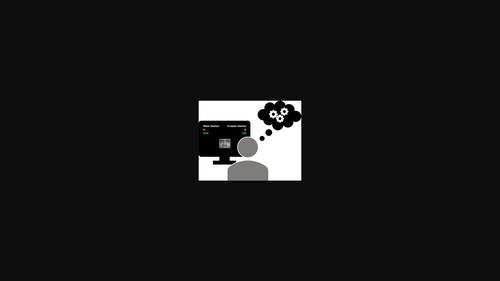Testing for implicit bias: Values, psychometrics, and science communication
引用次数: 0
Abstract
Our understanding of implicit bias and how to measure it has yet to be settled. Various debates between cognitive scientists are unresolved. Moreover, the public's understanding of implicit bias tests continues to lag behind cognitive scientists'. These discrepancies pose potential problems. After all, a great deal of implicit bias research has been publicly funded. Further, implicit bias tests continue to feature in discourse about public- and private-sector policies surrounding discrimination, inequality, and even the purpose of science. We aim to do our part by reconstructing some of the recent arguments in ordinary language and then revealing some of the operative norms or values that are often hidden beneath the surface of these arguments. This may help the public learn more about the science of implicit bias. It may also help both laypeople and scientists reflect on the values, interests, and stakeholders involved in establishing, justifying, and communicating scientific research.

内隐偏见的检验:价值观、心理测量学和科学传播
我们对内隐偏见的理解以及如何衡量它还有待解决。认知科学家之间的各种争论尚未解决。此外,公众对内隐偏见测试的理解仍然落后于认知科学家。这些差异带来了潜在的问题。毕竟,大量的内隐偏见研究是由政府资助的。此外,隐性偏见测试继续在围绕歧视、不平等甚至科学目的的公共和私营部门政策的讨论中发挥作用。我们的目标是通过用日常语言重建一些最近的论点,然后揭示一些隐藏在这些论点表面之下的操作规范或价值观,从而尽我们的一份力量。这可能有助于公众更多地了解内隐偏见的科学。它还可以帮助外行和科学家反思建立、证明和交流科学研究所涉及的价值观、利益和利益相关者。
本文章由计算机程序翻译,如有差异,请以英文原文为准。
求助全文
约1分钟内获得全文
求助全文

 求助内容:
求助内容: 应助结果提醒方式:
应助结果提醒方式:


